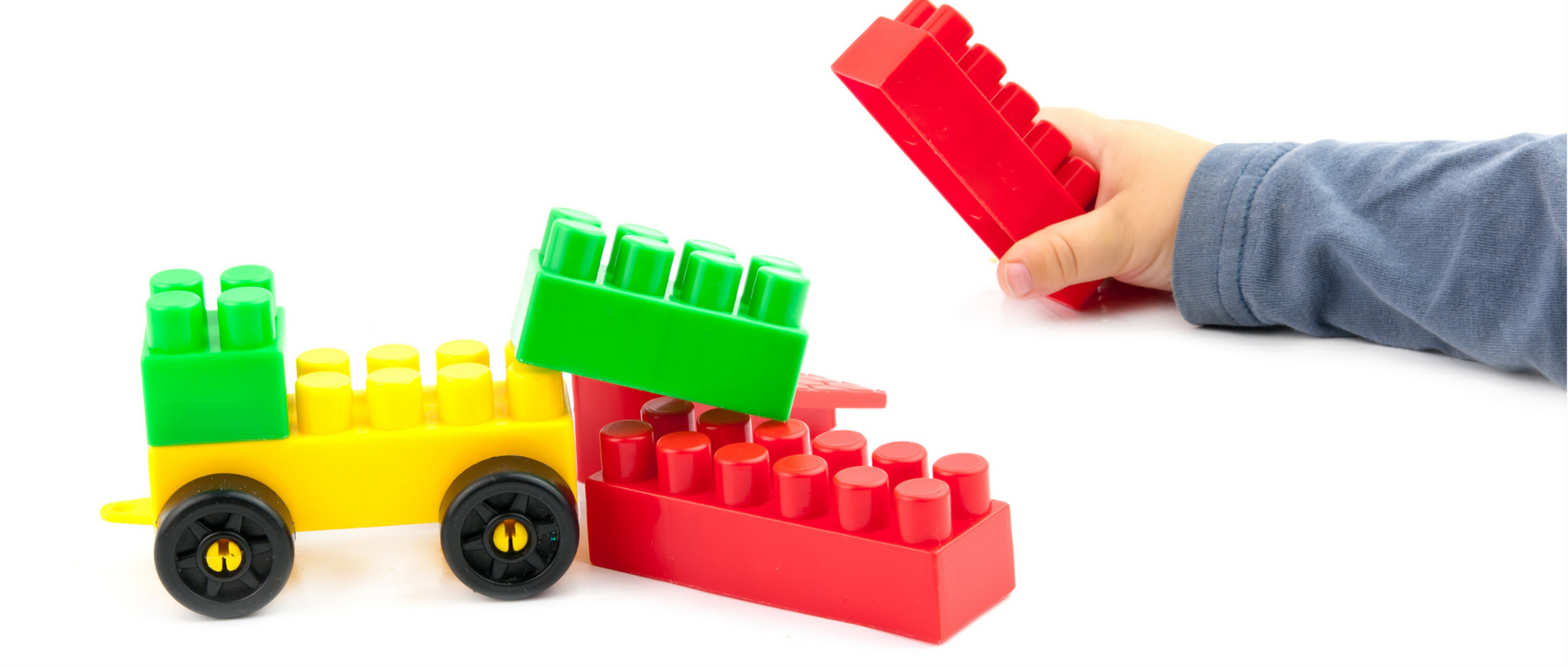What is decontextualized language? Why is it important for your preschooler?
Decontextualized language is language that does not refer to the “here and now.” While lots of parents and professionals are aware of the importance of language skills such as vocabulary and syntax, previously, very little was known about how to support children with the development of decontextualized language.
Several research studies have been published recently supporting the development of decontextualized, higher-order language skills in preschoolers. These skills have been linked to improved conversation skills, school readiness, and later academic skills. Development of this skill is linked to later academic performance because it helps children learn to link more complex thoughts.
Luckily, recent research has shown that one of the easiest ways to teach a child decontextualized language skills is for parents to model use of “higher order thinking talk.” You can do this by simply talking about personal experiences and explaining new concepts to them, both during everyday conversation and during book reading! Talking to your child about past or future events and explaining new concepts can help with the development of higher order thinking skills, such as inference, comparison, hierarchy, and abstraction.
Examples of how you can support development of each of these skills through conversation are below:
-
- “He put the birds in the bucket so no cats could get to them.”
- “When it got hot, my cold ice cream started to melt.”
-
- “When the bee stung me, Grandma said I looked like a monster.”
- “The slides are the same size, but that one has a roof.”
-
- “What kind of bird did we have on Thanksgiving?”
- “We need to search for all of the different parts that we need to build a lego car!”
-
- “We’re going to the arboretum, which is where there’s trees and plants and flowers.”




Written by: Laura Strenk, MS, CCC-SLP
Citations
Leech, K., Wei, R., Harring, J.R., & Rowe, M.L. (2018). A brief parent-focused intervention to improve preschoolers’ conversational skills and school readiness. Developmental Psychology. http://dx.doi.org/10.1037/dev0000411
Frausel, R. R., Richland, L. E., Levine, S. C., & Goldin-Meadow, S. (2021). Personal narrative as a “breeding ground” for higher-order thinking talk in early parent–child interactions. Developmental Psychology. https://doi.org/10.1037/dev0001166
